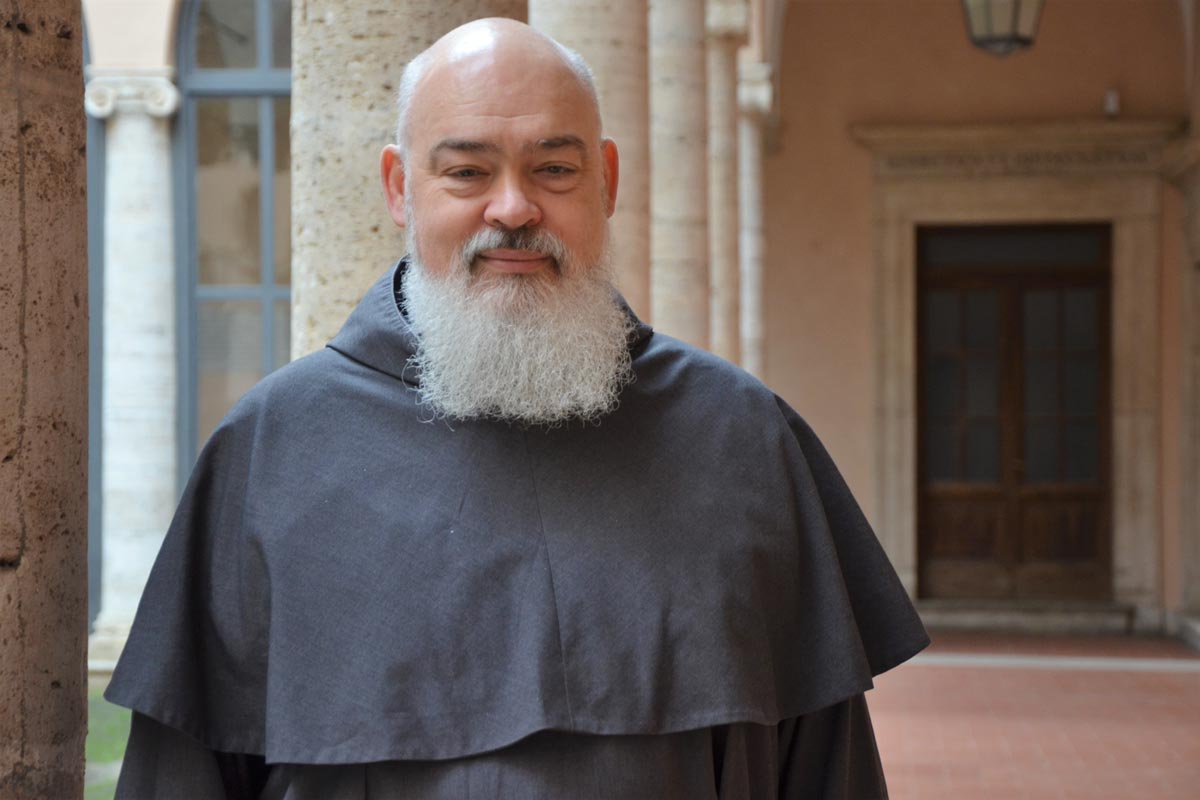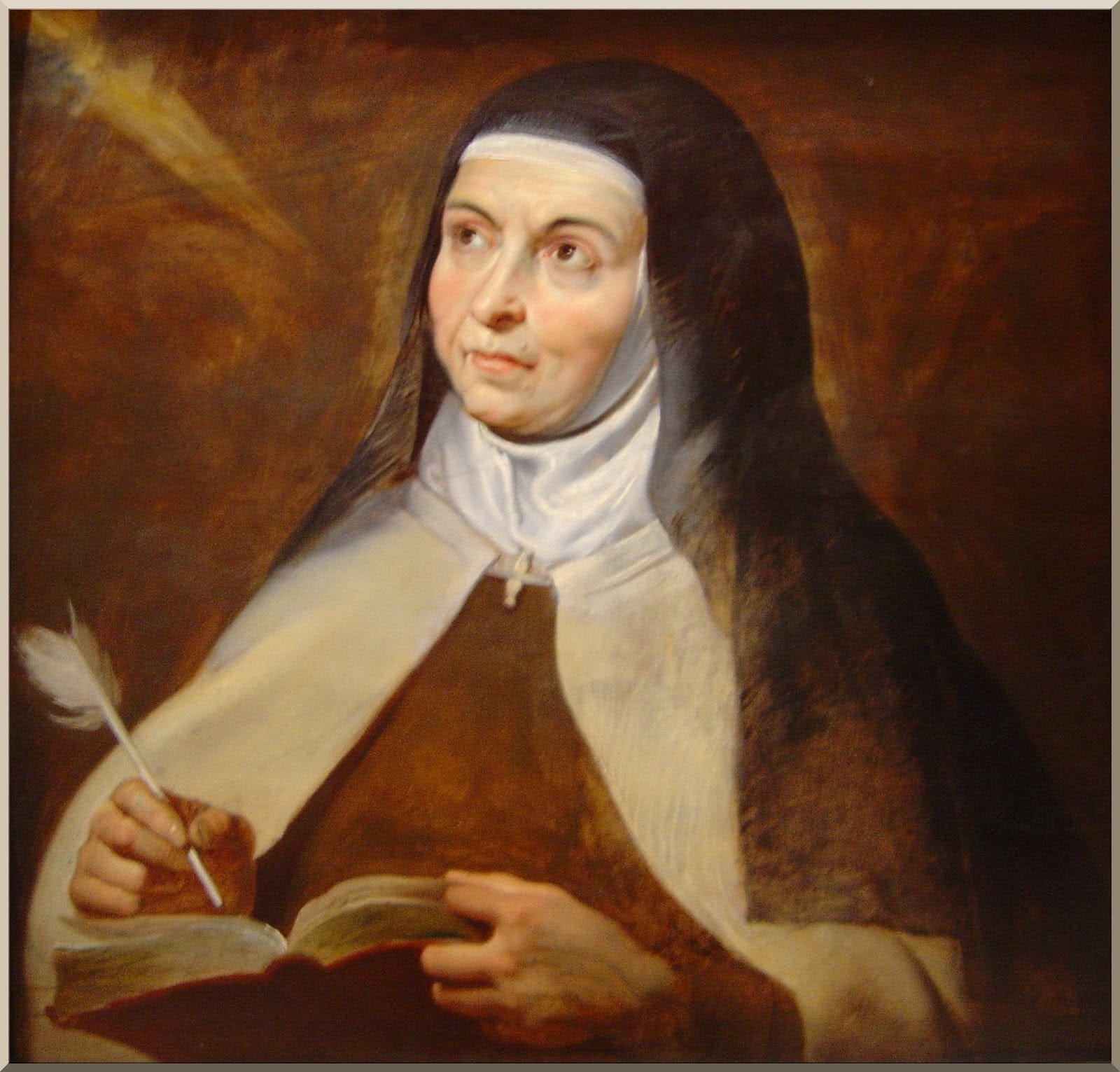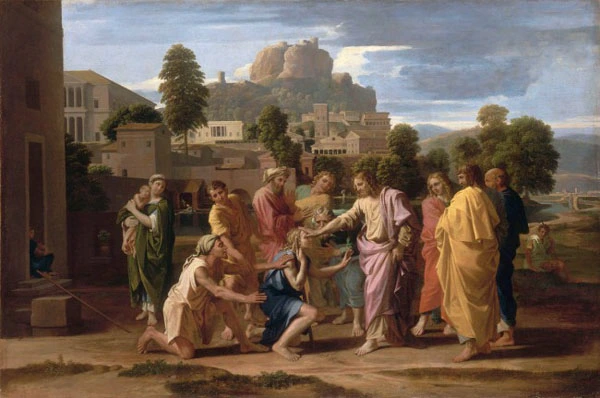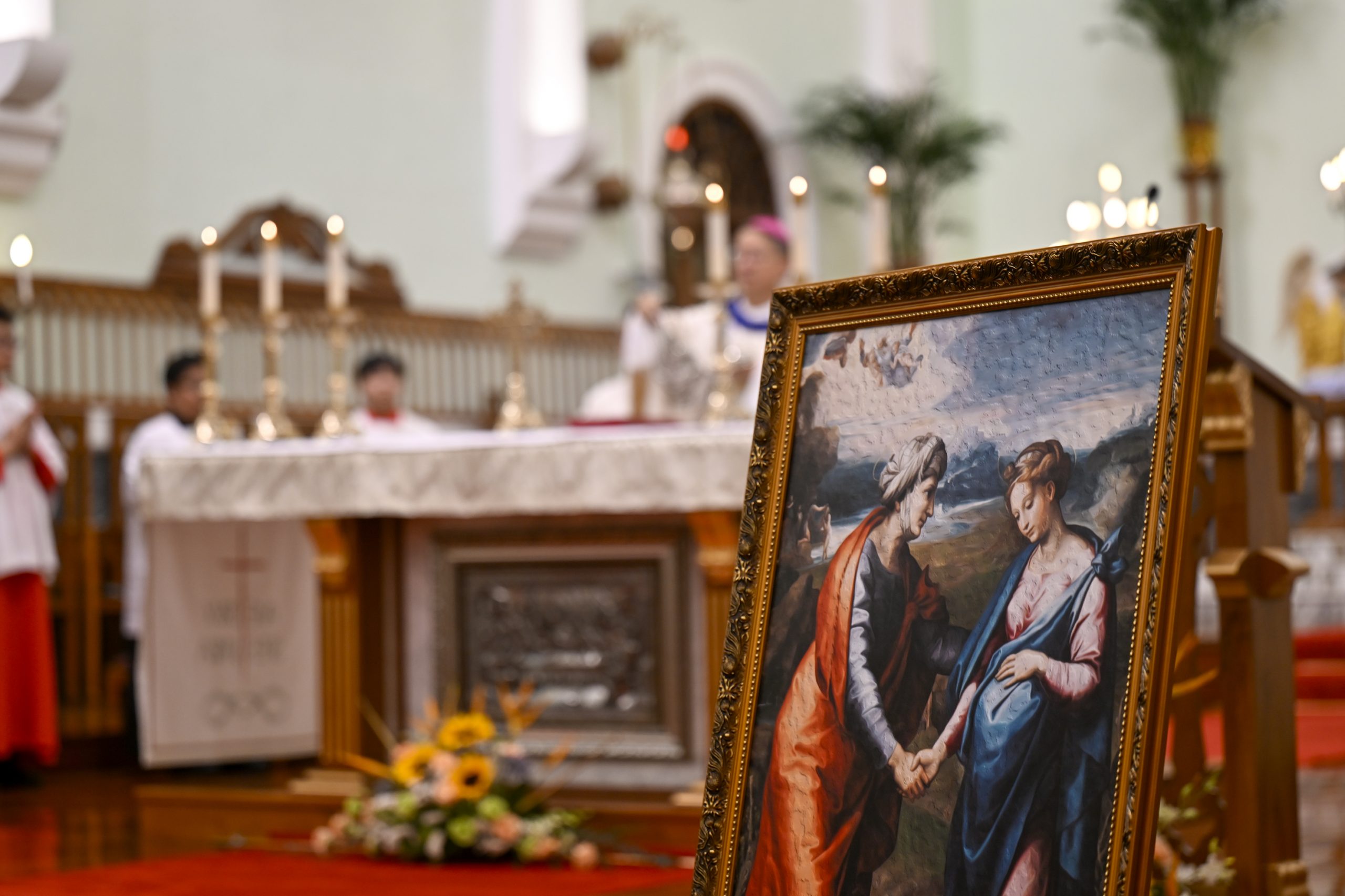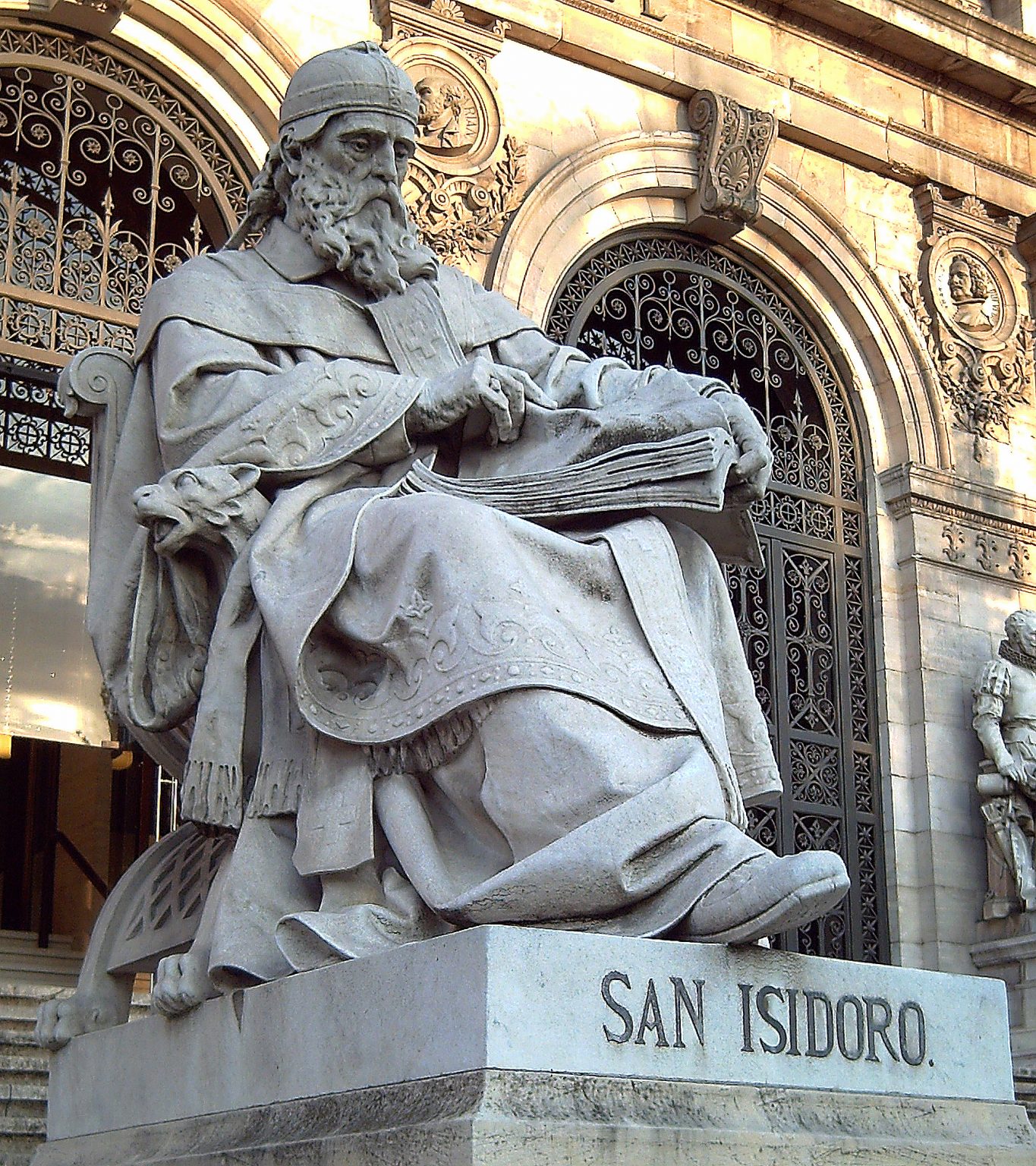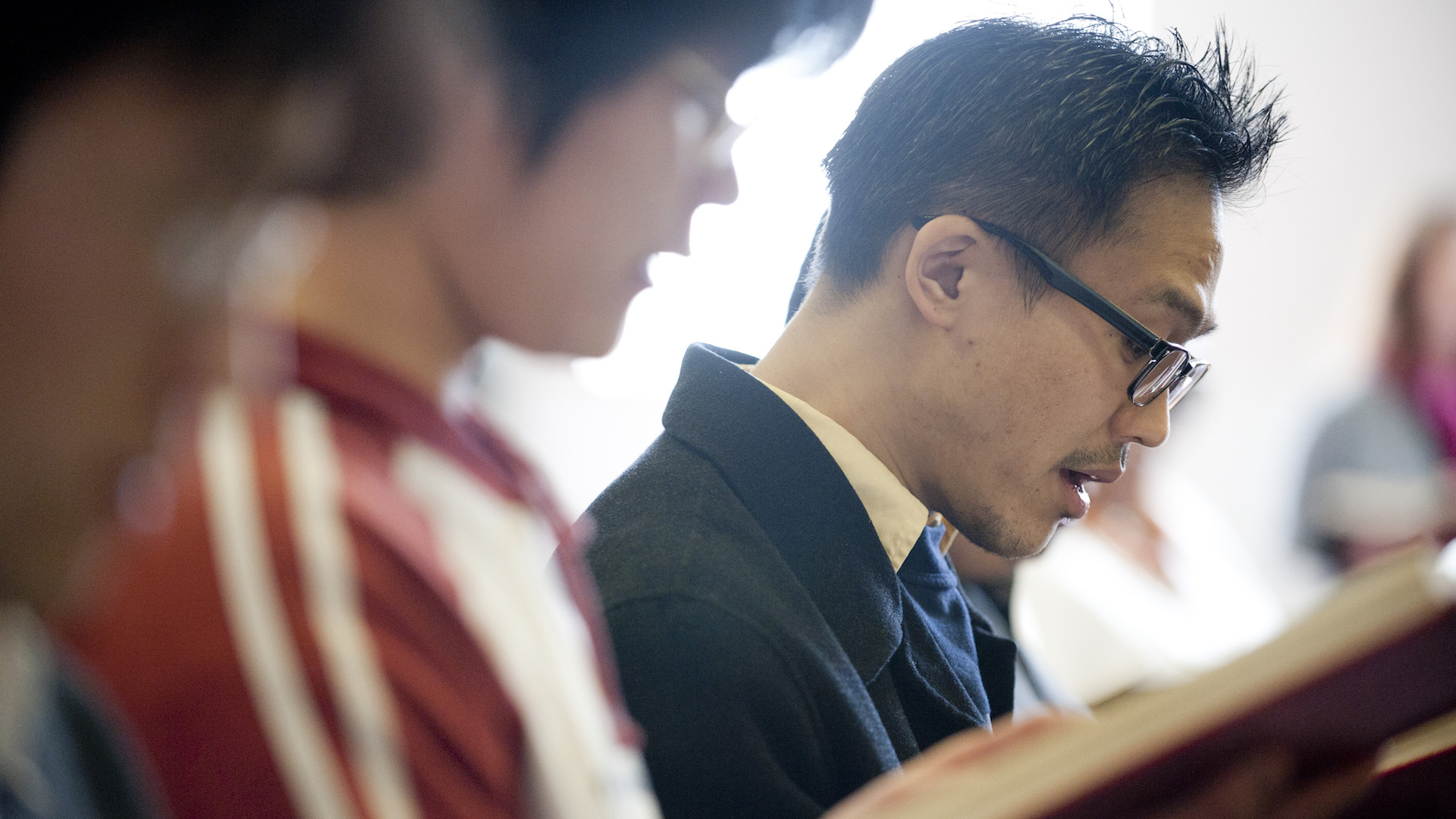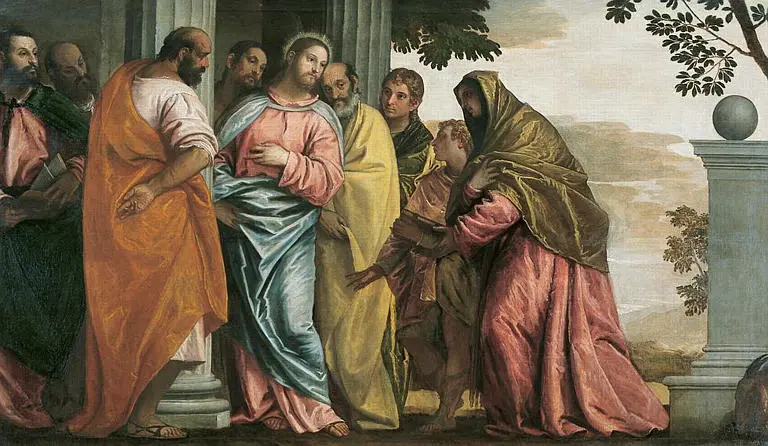In light of his upcoming ordination as Cardinal, Archbishop Dominique Joseph Mathieu of Tehran calls for a renewed commitment to peace. Reflecting on the warmth and resilience of the Iranian people, Archbishop Mathieu urges the global community to seek unity through genuine dialogue. He emphasizes that true reconciliation requires courage, as well as the abandonment of divisive ambitions, to foster fraternity and peace, especially in a region scarred by ongoing conflict.
